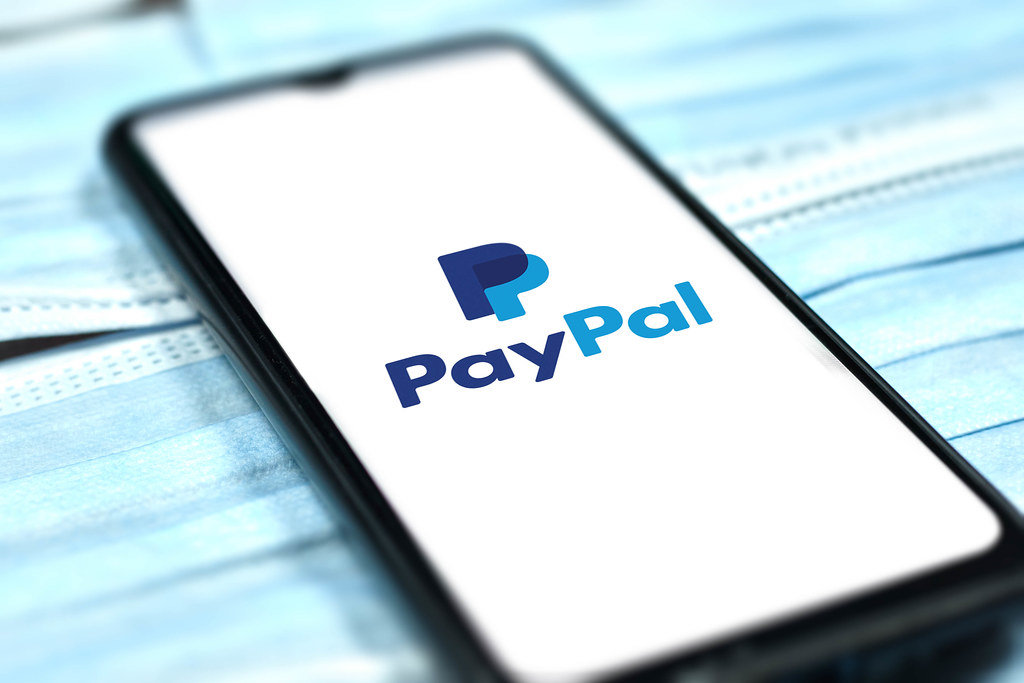
PayPal‘s foray into the stablecoin market has reached a significant milestone with its US dollar-pegged stablecoin, PayPal USD (PYUSD), surpassing a total market capitalization of $1 billion. This achievement underscores the expanding role of digital currencies in today’s financial landscape.
Launched in 2023, PYUSD is backed 1:1 by US dollars and is issued by Paxos Trust Company, a US-regulated crypto custodian. As an Ethereum-compatible ERC-20 token, PYUSD is the sole stablecoin integrated into PayPal’s payment infrastructure, designed to facilitate seamless transactions within the digital economy.
PayPal has been proactive in enhancing the accessibility and utility of PYUSD across various platforms:
- Expansion to Solana: In May, PayPal extended PYUSD support to the Solana blockchain, collaborating with platforms like Crypto.com and Phantom to facilitate user onboarding.
- Partnerships for broader access: Collaborations with MoonPay and Polymarket have enabled users to purchase cryptocurrencies and participate in crypto betting using PYUSD via their PayPal accounts.
- Rewards program: In partnership with Anchorage Digital, PayPal has launched a rewards program for clients who custody their PYUSD stablecoins, further incentivizing its use.
Competition in the Stablecoin Market
While PYUSD has achieved notable growth, it still faces stiff competition from established players in the stablecoin arena. Circle’s USD Coin (USDC) and Tether (USDT) are prominent competitors, boasting market caps of approximately $35 billion and $118 billion, respectively.
Comparison of Market Dominance:
- Tether (USDT): Market cap of nearly $118 billion.
- USD Coin (USDC): Market cap of about $35 billion.
- PayPal USD (PYUSD): Market cap of $1 billion.
The rise of PYUSD to a $1 billion market cap not only signifies trust and user adoption but also reflects the broader shift towards digital currencies. PayPal’s president and CEO, Dan Schulman, emphasized that the move towards digital currencies necessitates stable, digitally native instruments tied to fiat currencies like the US dollar. PYUSD aims to meet this need by providing a stable medium of exchange that can easily integrate with existing financial systems and Web3 applications.
Despite its successes, PYUSD must navigate several challenges to compete effectively with leading stablecoins:
- Building Trust and Security: Ensuring robust security measures and maintaining regulatory compliance to build user trust.
- Expanding Use Cases: Diversifying the applications and use cases of PYUSD to enhance its utility and appeal.
- Strategic Partnerships: Leveraging partnerships to extend PYUSD’s reach and functionality across the crypto ecosystem.
As digital currencies continue to evolve, PYUSD is well-positioned to play a pivotal role in the transformation of payment systems and financial transactions. PayPal’s ongoing efforts to integrate PYUSD into diverse platforms and to foster its adoption through strategic partnerships and enhancements will be critical in shaping its trajectory in the competitive stablecoin market.
PayPal’s PYUSD stablecoin reaching a $1 billion market cap marks a significant milestone in the digital currency space, illustrating the potential for new stablecoins to emerge and thrive despite fierce competition. As the landscape of digital payments continues to evolve, the strategic moves made by companies like PayPal will likely dictate the pace and direction of growth in this dynamic sector.
Featured image credit: Marco Verch via CCNull
Follow us for more breaking news on DMR
